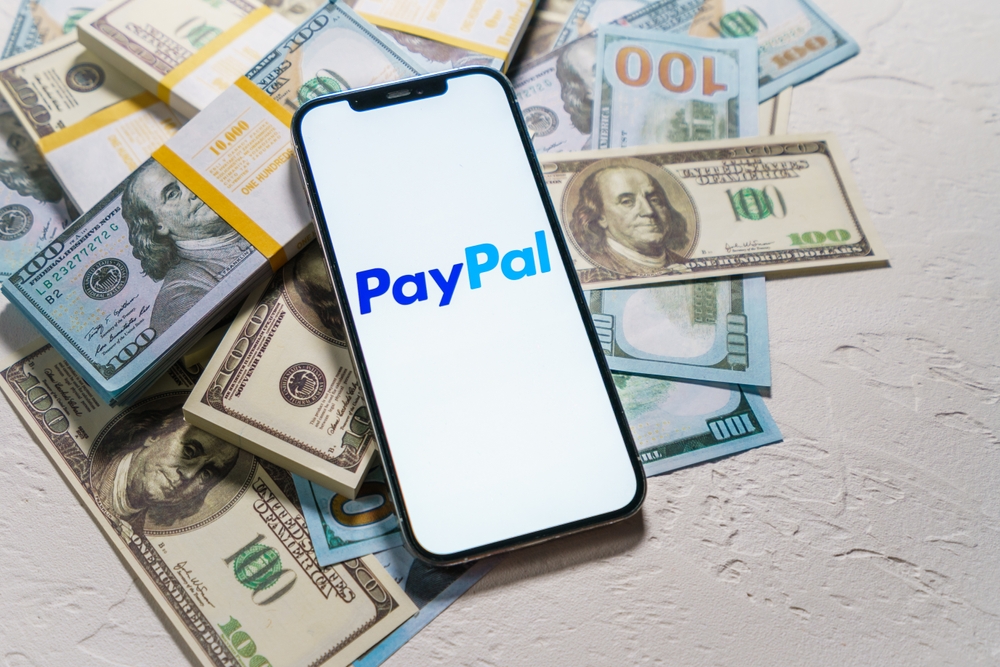Inside PayPal's AI-Powered Future: Can the Pioneer Survive?
PayPal, the company that defined digital payments for a generation, is now fighting to secure its place in a radically shifting landscape. Founded in 1998 and once the darling of Silicon Valley, PayPal became synonymous with safe online transactions and a critical driver of e-commerce. As AI reshapes finance and technology, even pioneers in digital payments must adapt to stay ahead. Today, with over 400 million active users worldwide {1}, it faces challenges from a new wave of competitors embedding artificial intelligence (AI) into every corner of the payments ecosystem.
The central question for investors, merchants, and consumers is clear: Can PayPal transform itself from an aging incumbent into an AI-native commerce platform?
The AI Imperative: PayPal’s Survival Strategy
For years, PayPal’s dominance rested on its trusted brand, massive user base, and market-leading fraud detection systems. But rivals like Apple Pay, Stripe, and Block (Square) have shifted the battlefield, using AI to drive personalization, streamline merchant experiences, and cut fees {2}. PayPal’s survival hinges on its ability to harness AI in three transformative ways:
1. Agentic Commerce
Perhaps PayPal’s boldest bet is its push into agentic commerce. The company’s new Agent Toolkit aims to enable AI agents to handle full end-to-end transactions: from product discovery and ordering to payment processing and delivery tracking. Imagine asking an AI assistant to “buy me the cheapest running shoes under $100,” and PayPal’s agent completes the entire transaction. This vision redefines the checkout button, embedding PayPal deeper into the flow of online shopping {3}.
2. Personalization and Engagement
PayPal is also leveraging its enormous data trove to create personalized shopping journeys. Its “smart receipts” experiment uses AI to offer tailored recommendations and cashback offers, turning a simple confirmation email into a new revenue channel {3}.
3. B2B and Enterprise Solutions
The B2B payments market—valued in the trillions of dollars annually—is another frontier. PayPal is expanding its AI-enhanced tools for enterprise invoicing, subscription management, and bill pay, positioning itself as a partner for businesses navigating digital transformation {4}.
The Man at the Helm: CEO Alex Chriss
When Alex Chriss took over as PayPal’s CEO in September 2023, he inherited a company in need of reinvention. Chriss, who previously led Intuit’s Small Business and Self-Employed Group, is known for championing platforms that empower entrepreneurs. His message to Wall Street has been blunt: PayPal must “play bigger games” to compete {2}.
Chriss’s strategy is to shift PayPal from a single-purpose payments tool into a comprehensive commerce platform, with AI as its backbone. Under his leadership, PayPal has reorganized its structure, cut costs, and re-allocated capital into AI-driven innovation. Investors are watching closely to see if these moves will reignite growth after several quarters of stagnant revenue {5}.

Alex Chriss CEO of Paypal
The Competitive Battlefield
PayPal’s transformation is happening in one of the most competitive markets in tech:
-
Apple Pay leverages its native integration with iPhones and Apple Watches, making payments nearly frictionless for hundreds of millions of users {2}.
-
Stripe and Adyen dominate the developer-first space, powering the back end of e-commerce for giants like Amazon, Shopify, and Instacart. Their modern APIs are favored by startups that once might have defaulted to PayPal {4}.
-
Block’s Cash App is rapidly growing among younger demographics, eating into Venmo’s user base with features like investing and Bitcoin integration {5}.
Each competitor uses AI not just for fraud prevention, but to deliver immersive, sticky financial experiences. This is the standard PayPal must now meet—or exceed.
The Final Verdict: Can PayPal Survive Disruption?
PayPal’s journey from a scrappy Silicon Valley startup to a global payments leader has been extraordinary. But the AI revolution poses perhaps its greatest test yet.
The company’s focus on agentic commerce, personalization, and enterprise solutions represents a coherent path forward. If Chriss can embed AI deeply into PayPal’s DNA while streamlining legacy operations, PayPal may not only survive but thrive in this new era. Fail to deliver, however, and PayPal risks becoming a case study in how pioneers are overtaken by the very disruption they once unleashed.
Related: How eBay Won PayPal in a $1.5B Deal
Sources
{1} Reuters – PayPal Q2 2024 Earnings Report
{2} Bloomberg – PayPal Faces Rising Competition in Fintech
{3} Financial Times – PayPal Bets on AI with Agent Toolkit
{4} Wall Street Journal – The Future of B2B Payments
{5} Bloomberg – PayPal Under Pressure: Can New CEO Deliver?














